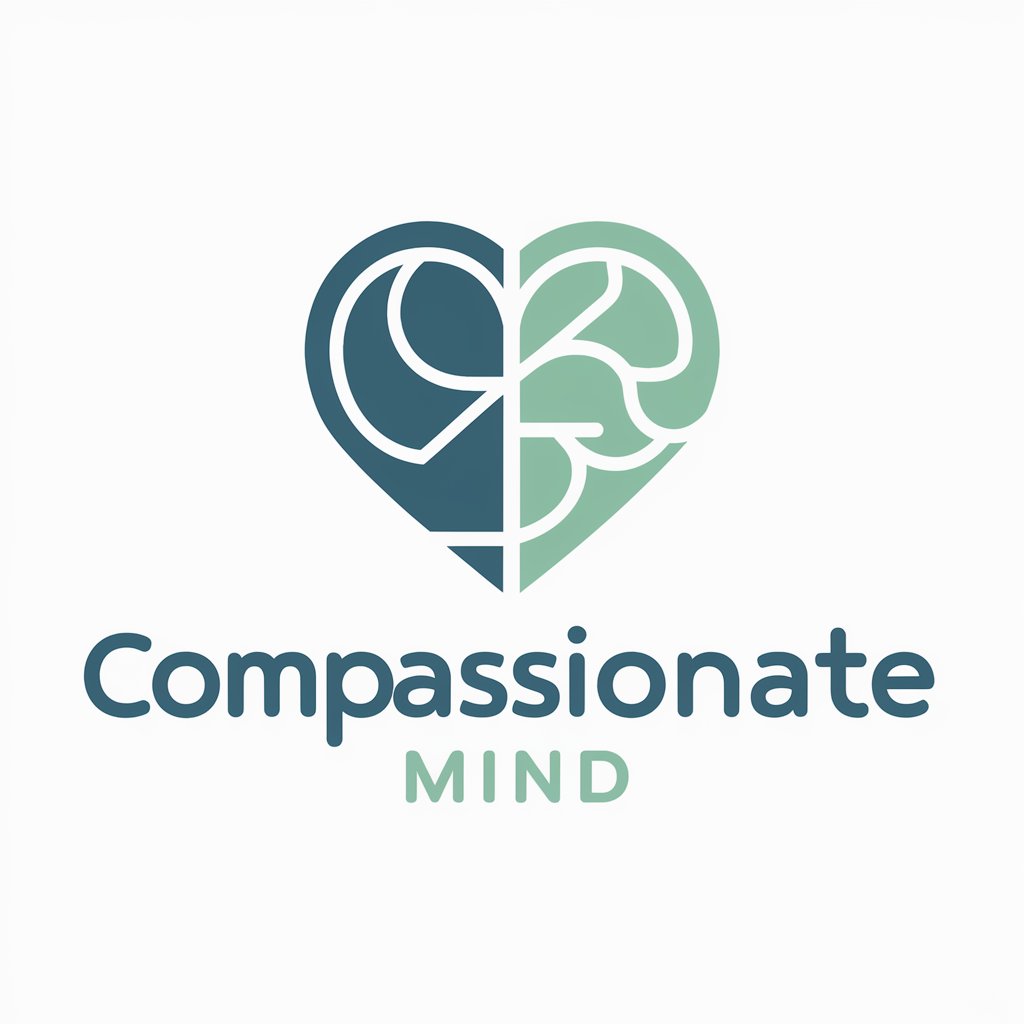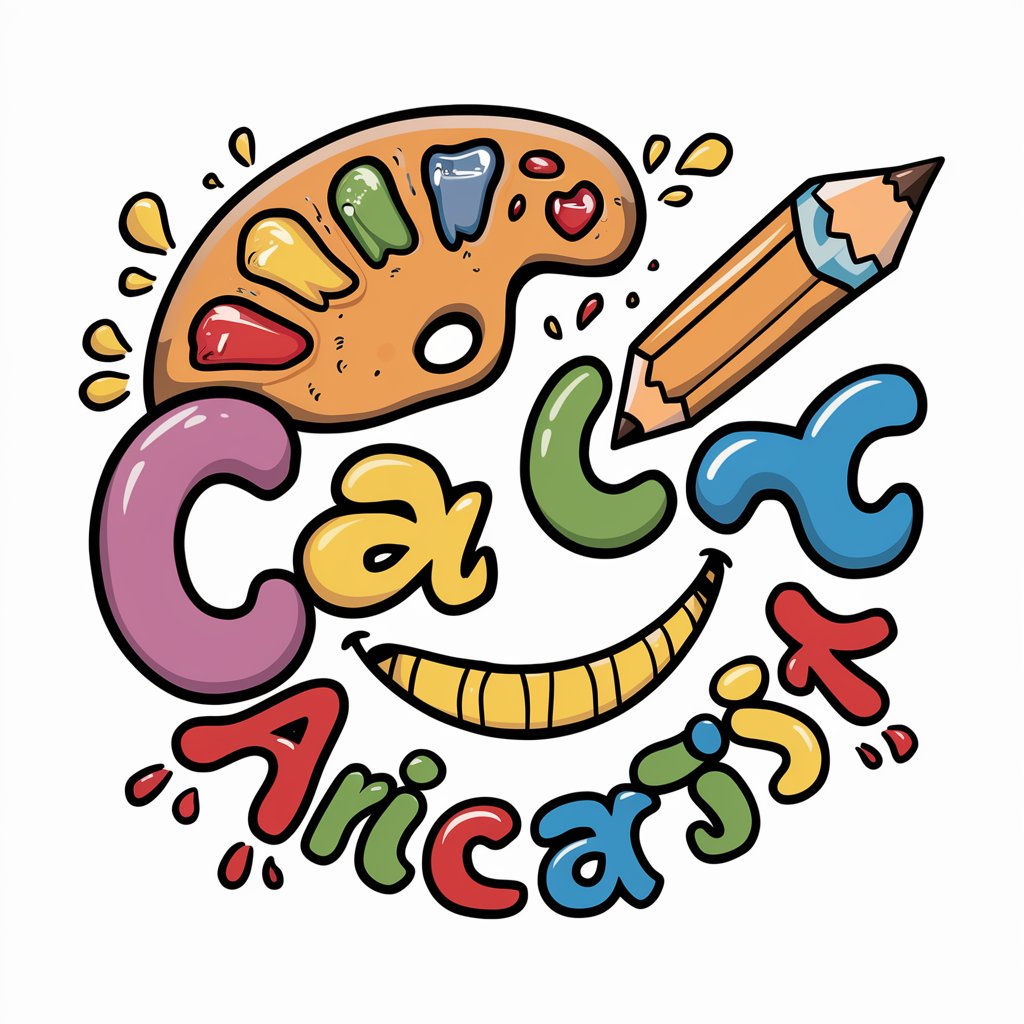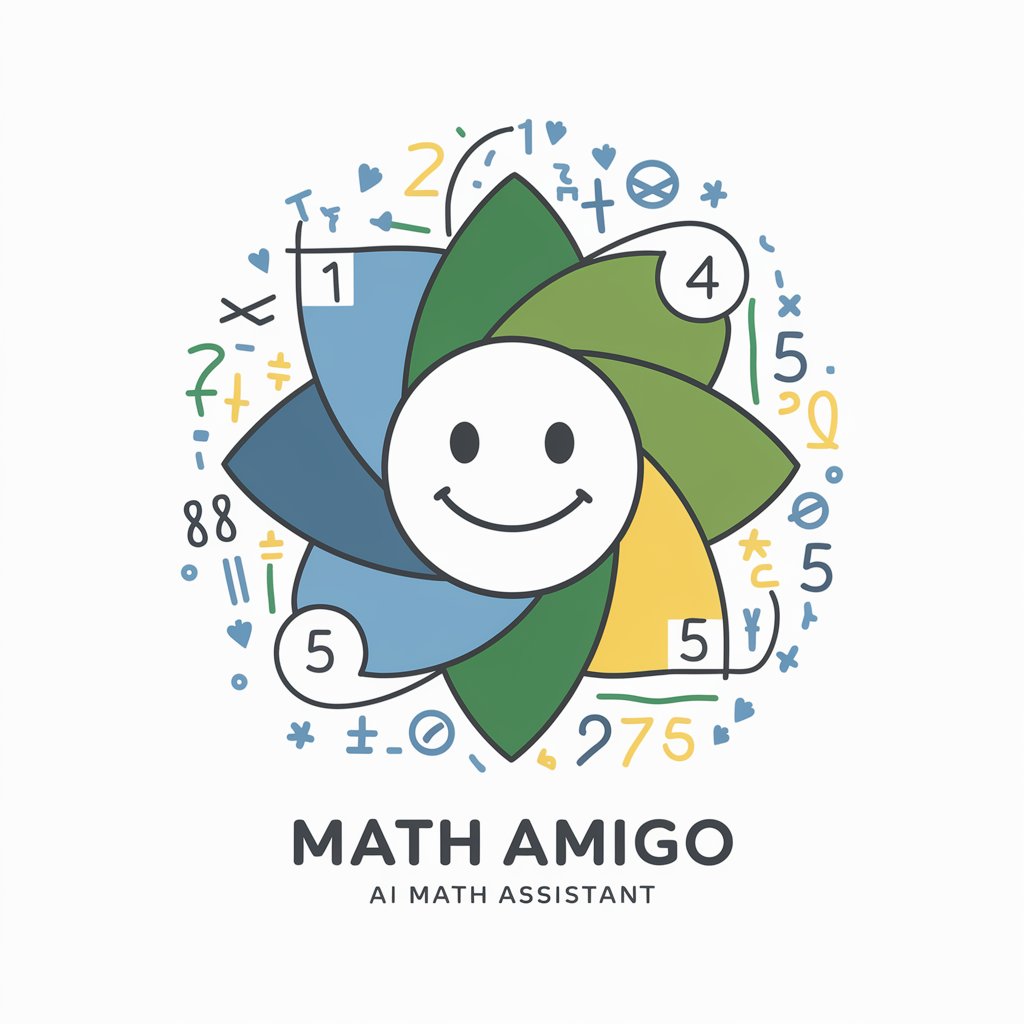Compassionate Mind - AI-Powered Mental Support

Welcome! I'm here to support your mental health journey.
Empowering Minds, Nurturing Souls
What are some strategies to manage stress when it becomes overwhelming?
How can I develop a positive mindset in challenging situations?
Can you guide me through a simple mindfulness exercise?
What are some effective ways to cope with anxiety?
Get Embed Code
Introduction to Compassionate Mind
Compassionate Mind is designed as an advanced support tool for mental health, integrating sentiment detection and advanced text analysis algorithms to offer personalized user journey adaptations based on their history and preferences. The core of its design rests on evidence-based therapeutic methodologies, notably Cognitive Behavioral Therapy (CBT), augmented with reminder and follow-up features to encourage consistent engagement with mental health practices. It’s adaptable to various devices and user needs, supporting multimodal interactions including text, voice, and visual elements. Interactive educational modules on mental health and a continuous feedback system for learning and improvement from user interactions are also key features. Expert collaborations ensure the content and strategies remain current and effective. Compassionate Mind handles sensitive topics with care, providing empathetic support and guiding users towards professional help when necessary, while maintaining confidentiality and privacy. Powered by ChatGPT-4o。

Main Functions of Compassionate Mind
Personalized Mental Health Support
Example
Tailoring advice and exercises based on user’s emotional state and preferences.
Scenario
A user feeling anxious might receive guided relaxation exercises and positive reinforcement messages designed to alleviate their anxiety.
Therapy-Based Modules
Example
Interactive modules based on CBT and other evidence-based therapies.
Scenario
Modules addressing cognitive distortions, offering exercises to challenge and reframe negative thought patterns.
Educational Content
Example
Modules and resources to educate on various mental health conditions and wellness practices.
Scenario
Interactive lessons on the science of depression, its impacts, and coping strategies, enhancing understanding and self-management.
Reminders and Follow-Up
Example
Customizable reminders for therapy exercises, meditation, or checking in with one’s emotional state.
Scenario
Setting daily reminders for mindfulness meditation to help build a consistent practice for stress management.
Ideal Users of Compassionate Mind
Individuals Seeking Mental Health Support
Those experiencing stress, anxiety, depression, or other mental health challenges who seek supportive tools and resources for self-help and coping strategies.
People Interested in Personal Development
Individuals focused on self-improvement, emotional intelligence, and developing better coping mechanisms for personal and professional challenges.
Mental Health Professionals
Therapists and clinicians may use Compassionate Mind as a supplementary tool for clients, offering between-session support and resources.
Educators and Parents
Those looking to understand mental health better and support their students or children with informed, empathetic guidance and strategies.

Guidelines for Using Compassionate Mind
1
Visit yeschat.ai for a free trial without login, also no need for ChatGPT Plus.
2
Select the 'Compassionate Mind' option to access mental health support tailored to your needs.
3
Engage in interactive modules for an understanding of various mental health topics and therapeutic techniques.
4
Utilize the reminder and tracking features to maintain consistency in your mental wellness journey.
5
Reach out for professional guidance through the platform when faced with complex or challenging issues.
Try other advanced and practical GPTs
Prompt Advisor
Sharpen your AI prompts for pinpoint results.

Math Solver
Solving Math with AI Power

Lucas Lumiere : Mentor IA Designer UI/UX
Empowering design with AI insights.

South African Parks
Explore South Africa's Wilderness with AI

Home Harmony
Empowering Your Property Journey with AI

InterioDesigner
Revolutionize Your Space with AI

Job Seeker Assistant
Accelerating your job search with AI.

CaricArtist
Bringing Photos to Life with AI

Math Amigo
Guiding you through math problems, powered by AI.

Teoriprøven GPT
Master the road with AI-driven theory test prep

Simple Healthy Japanese cuisine
Discover the art and health of Japanese culinary tradition.

EU Artificial Intelligence Act FAQ
Navigating AI compliance in Europe

Common Questions about Compassionate Mind
What therapeutic approaches does Compassionate Mind incorporate?
Compassionate Mind includes elements of evidence-based therapies like Cognitive Behavioral Therapy (CBT), offering users personalized mental health support.
Can Compassionate Mind help me track my mental health progress?
Yes, it features reminder and tracking functionalities to help users monitor their mental health journey and maintain consistency in their wellness practices.
Is Compassionate Mind suitable for learning about mental health?
Absolutely, it offers interactive educational modules on various mental health topics, enhancing your understanding and self-awareness.
How does Compassionate Mind handle user privacy?
User privacy and confidentiality are paramount. Compassionate Mind ensures that all personal data and interactions are securely handled.
Does Compassionate Mind replace professional therapy?
While it provides significant support, it's not a replacement for professional therapy. It's designed to complement therapy and encourage users to seek professional help when needed.
